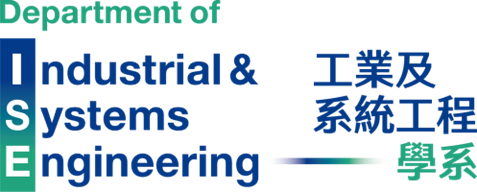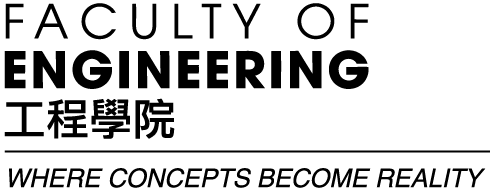Seminar on “Urban Distribution Centres: Application of International Models to the Inner City of Melbourne”
Seminar
-
Date
26 Oct 2018
-
Organiser
Department of Industrial and Systems Engineering
-
Time
15:30 - 16:30
-
Venue
CF401, Wing CF, PolyU Map
Speaker
Dr. Arun Kumar
Remarks
This seminar is open to the public.
Summary
Urban freight transport is vital in sustaining urban economies and life, since it carries the required goods and the generated waste in cities. Meanwhile, it also has several negative external impacts, especially a substantial proportion of greenhouse gas (GHG) emissions, which are considerably affecting the lives and well-being of local populations. The city of Melbourne is also expanding, which prompted stakeholders, who are directly and indirectly involved in the freight transport system, to explore more sustainable urban freight transport solutions. Urban Distribution Centre (UDC) is viewed by many as a solution to address the environmental and livability issues generated by freight transport in urban city centres. UDC is a logistics facility that is usually located close to a city, a CBD or a shopping centre that it serves. Several freight transport firms deliver goods to that facility and from which combined deliveries are executed within the city. Although the literature has identified sustainability as one of the key success factors for implementation of UDC, limited research exists on developing a business model and a framework that considers sustainability issues associated with UDC. Therefore, the aim of this project is to develop a framework for urban distribution centre that considers the sustainability aspect, particularly its applicability to Melbourne context. To achieve the research aim, firstly the GHG emissions generated by different modes of transport are predicted using a data set of over 20 years. The result shows that introduction of electric vehicles and plug-in hybrid vehicles can reduce significant GHG emissions. Secondly, case study of 76 UDCs’ is conducted with a rigorous set of criteria to select the UDC that is compatible within the Melbourne context. Finally a business case model and a framework are proposed for the implementation of a successful UDC in Melbourne.
Keynote Speaker
Dr. Arun Kumar
Dr Arun Kumar is a Senior Lecturer of Logistics Engineering in the School of Engineering at the RMIT University, Melbourne, Australia. He was previously employed as an Associate Professor of Systems and Engineering Management at the Nanyang Technological University in Singapore and Associate Professor Decision Sciences at the Montclair State University of New Jersey, USA. He has also worked at the Rutgers University of New Jersey as an adjunct professor, and as a visiting professor at the IESEG School of Management, Paris, France. Dr. Kumar obtained his PhD in Operations Research from Virginia Tech and Master of Science from the Pennsylvania State University, USA. His research interests are in the application of probability to problems in reliability, logistics and healthcare systems. He has also authored more than 100 journal articles in the fields of optimization theory, healthcare systems, logistics engineering and reliability.




